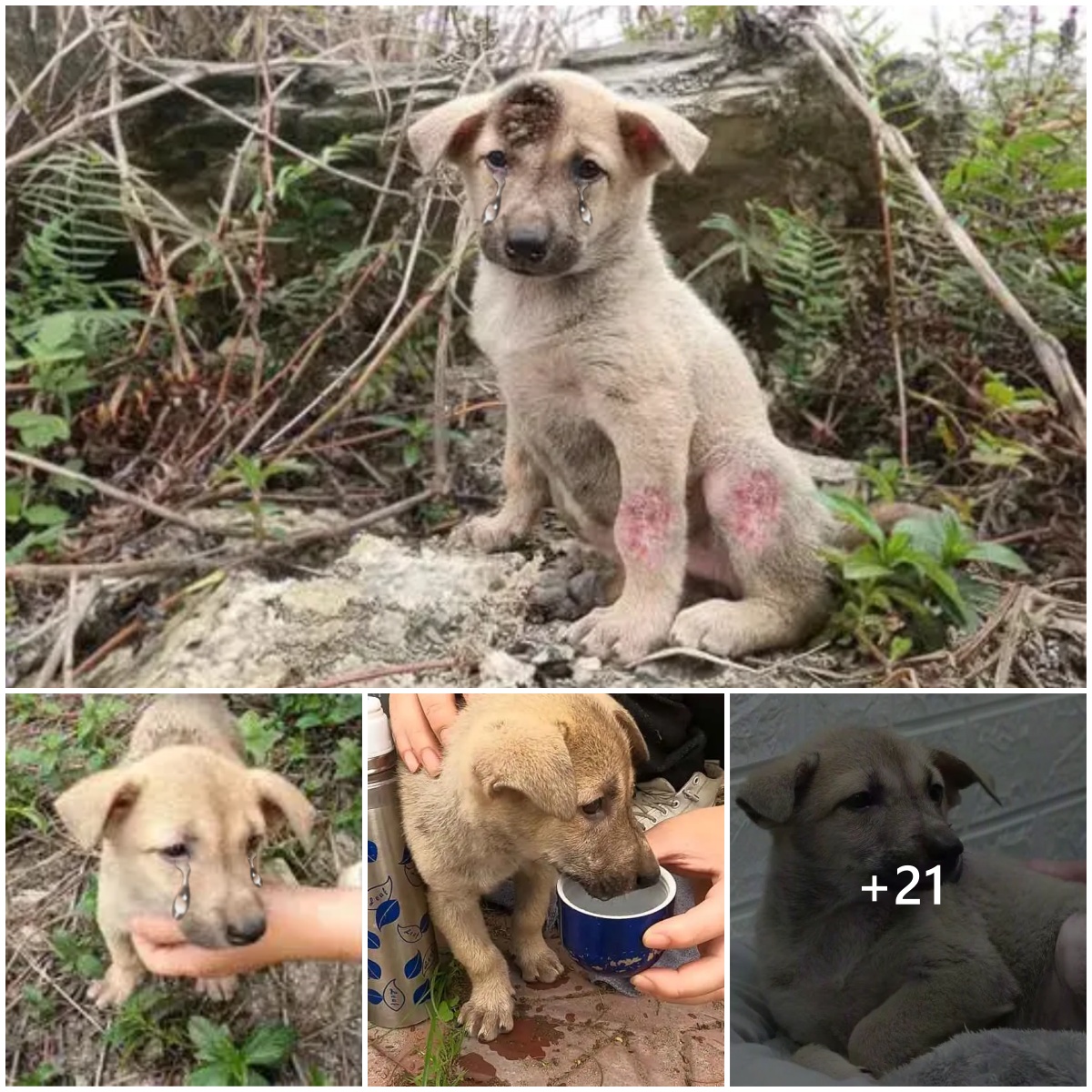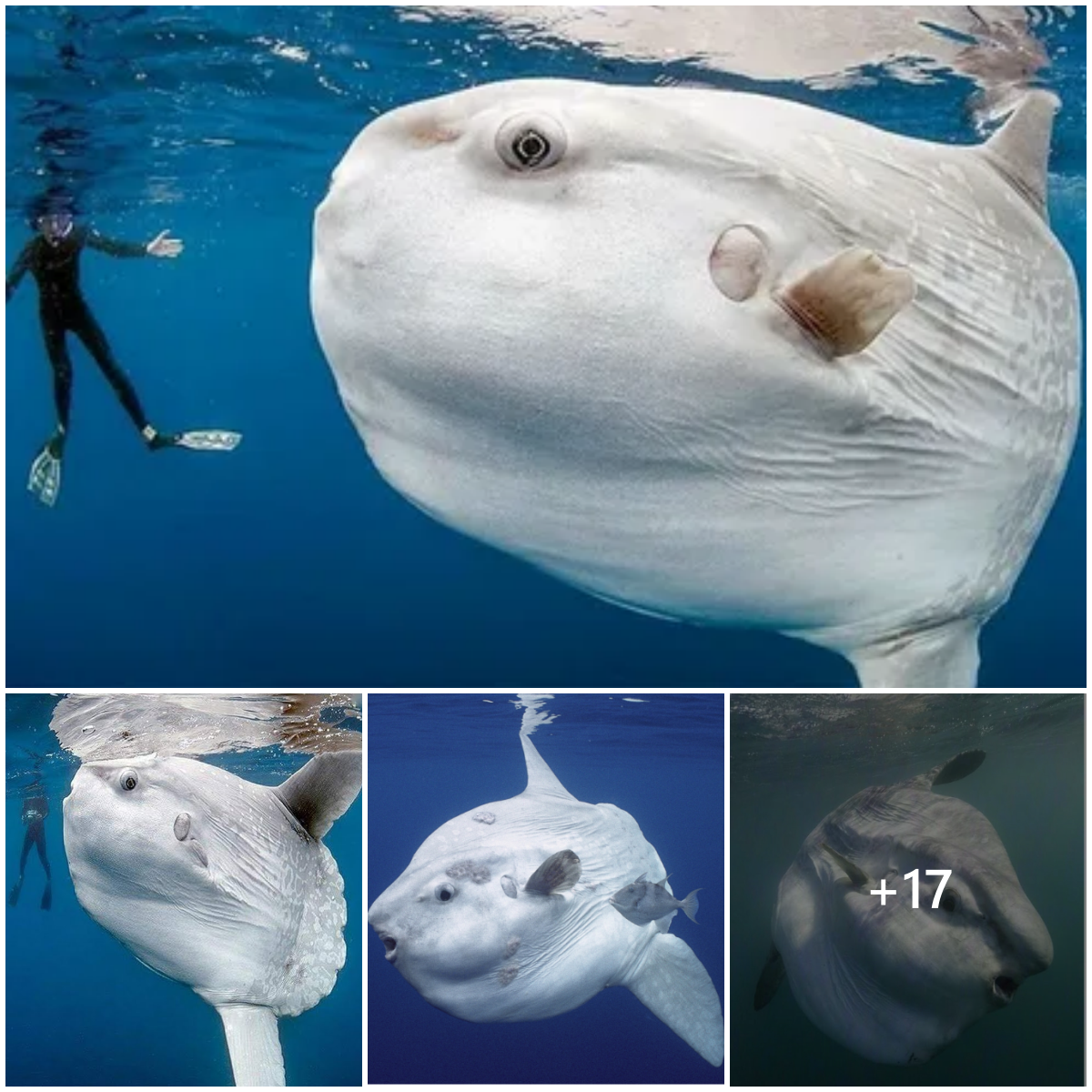
The pangolin story It is estimated that 1 million pangolins have been trafficked in the past 10 years, although this number may influence the number of recent pangolin scale seizures. Find out what WWF and partners are doing to prevent the extinction of this wild animal.
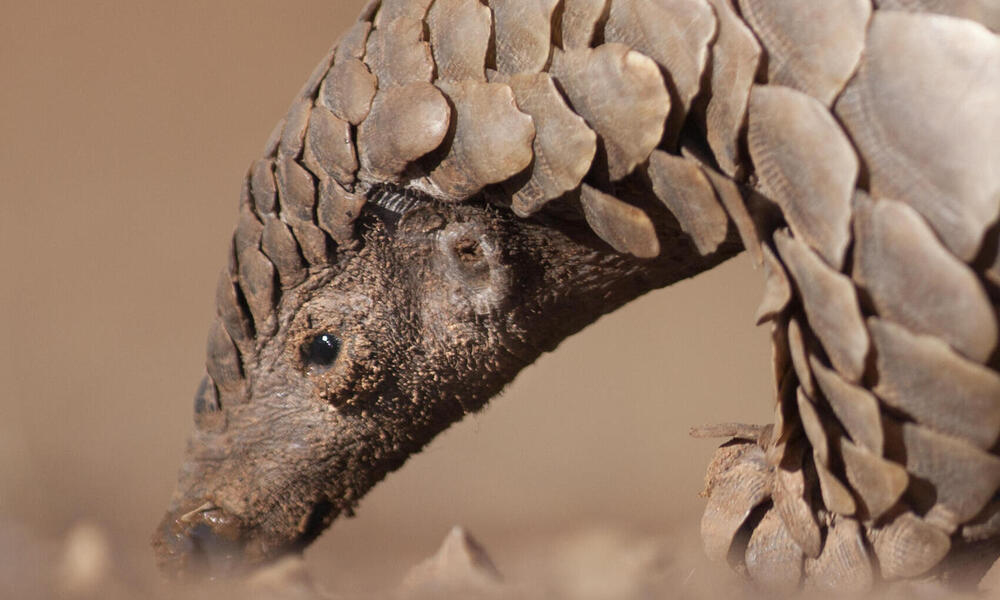
Historically, pangolins were mainly poached for their meat and their scales were discarded as products. However, over the past decade, prices for skins, scales and whole animals in countries such as Vietnam, China as well as the US have caused the number of this species to decline. All eight pangolin species are protected under the Convention on International Trade in Endangered Species of Wild Fauna and Flora (CITES), the highest level of international law. With increased connectivity and the ease of sharing content worldwide, the trade in these animals has exacerbated an unlikely culprit; Internet. And they are not alone. All of the world’s most endangered species, from elephants to rhinos and tigers, can be found with a daily scroll or swipe across apps. Criminals now have access to the world’s largest market through e-commerce, social media and search platforms, allowing them to promote illegally traded species and deal with illegal trade. transaction. translation with minimal risk.
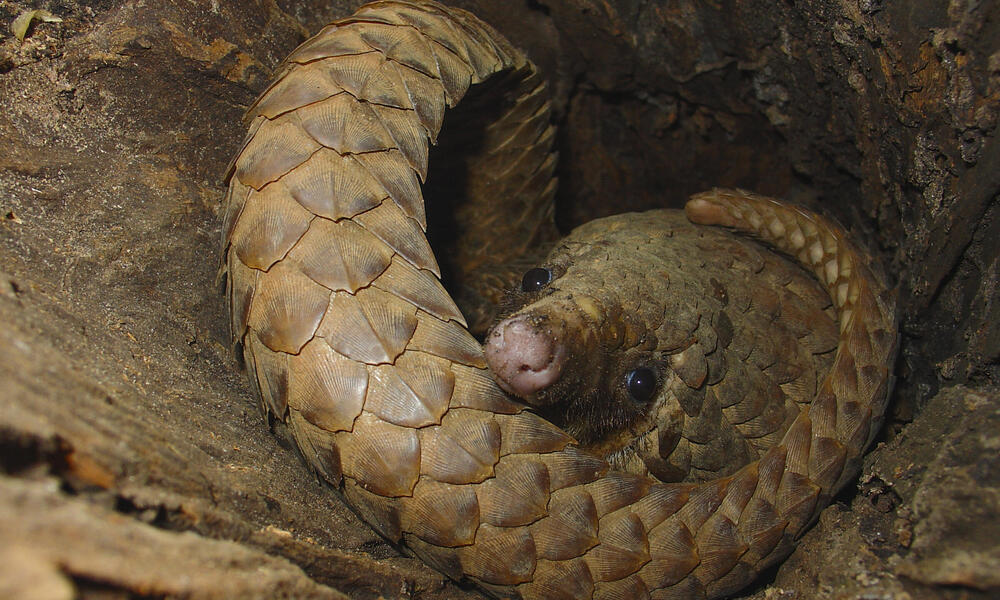
Bringing together the largest online companies to fight illegal online wildlife trade

WWF, along with partners TRAFFIC and IFAW, launched the Coalition to End Online Wildlife Trafficking in 2018 to unite the tech sector in stopping this open avenue of smuggling. illegal. Companies partner with wildlife experts to strengthen and harmonize wildlife policies, training enforcement staff to better detect endangered species and products , educating billions of users about wildlife trafficking and how to report illegal products, enhancing automated detection systems like image recognition, and sharing learning across the industry. In March 2020, Alliance companies reported blocking or removing more than 3.3 million listings that violated wildlife policies. The full progress report can be accessed here.
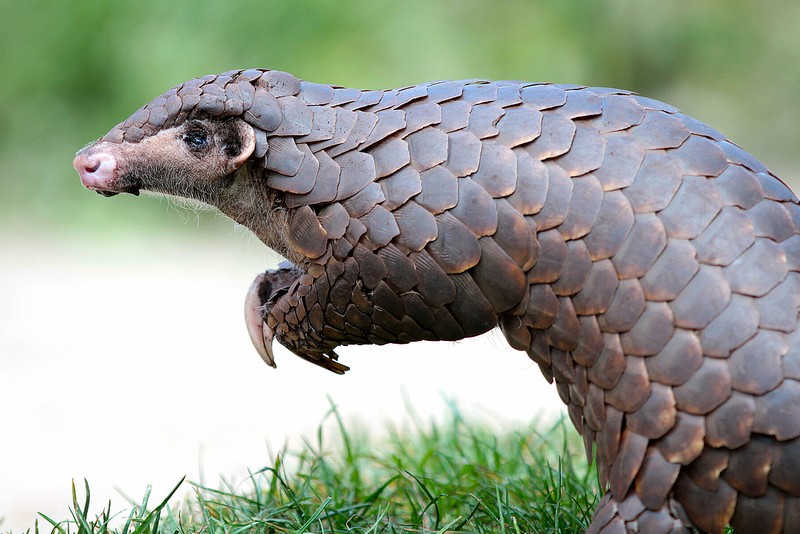
Given the scale and complex nature of the Internet, the Alliance’s activities aim to be comprehensive and focus on long-term, sustainable impact. With this in mind, the Cyber Spotter Program was launched in 2017 to promote citizen science to help detect and report illegal wildlife products worldwide. To date, one technology and conservation company has made nearly 10,000 endangered species listings that its partners have made. And this is just the beginning.
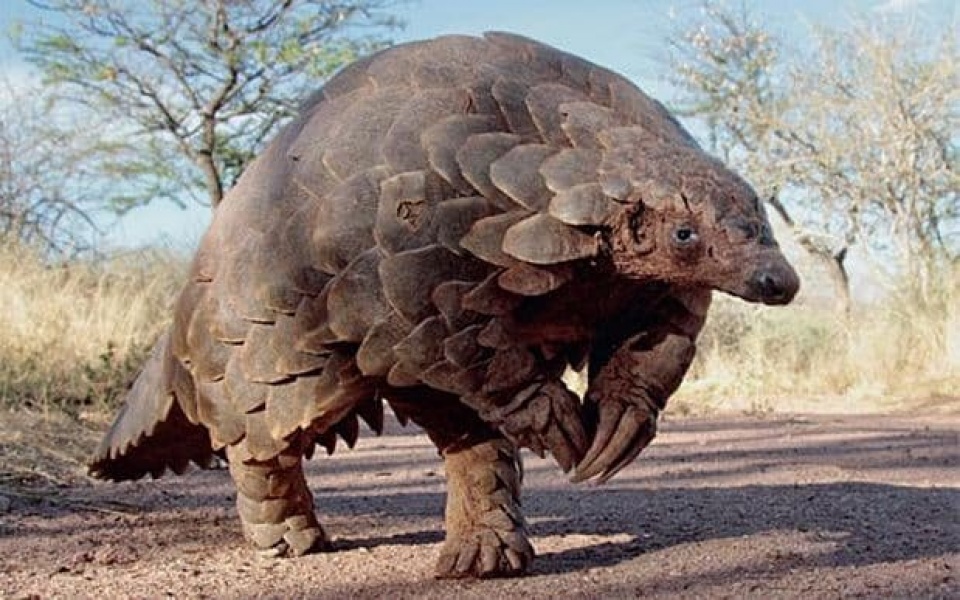
Video tape:

